Heat absorbing glass, also known as solar control glass or low-emissivity glass, represents a significant breakthrough in building materials technology. This innovative glass type offers numerous advantages in terms of energy efficiency, comfort, and environmental sustainability, making it a preferred choice for modern construction projects.
The primary function of
heat absorbing glass is to regulate the amount of solar energy entering a building while simultaneously minimizing heat loss. This is achieved through a special coating applied to the glass surface, which selectively absorbs and reflects solar radiation. By reducing the amount of solar heat gain, heat absorbing glass helps maintain a comfortable indoor temperature, thereby reducing the need for artificial heating and cooling systems.
One of the key benefits of heat absorbing glass is its ability to enhance energy efficiency. By reducing the reliance on heating and air conditioning systems, buildings equipped with heat absorbing glass can significantly lower their energy consumption and associated utility costs. This not only translates into long-term savings for building owners but also contributes to the reduction of greenhouse gas emissions and environmental impact.
Moreover, heat absorbing glass plays a crucial role in improving occupant comfort and well-being. By effectively controlling solar heat gain, it helps maintain more stable indoor temperatures, minimizing temperature fluctuations and creating a more pleasant indoor environment. This can have positive effects on productivity, concentration, and overall satisfaction among building occupants.
In addition to its energy-saving properties, heat absorbing glass also offers other advantages. Its special coating can help reduce glare and UV radiation, protecting interior furnishings and occupants from sun damage. Furthermore, heat absorbing glass can enhance the aesthetic appeal of buildings, with various options available to suit different architectural styles and design preferences.
Overall, heat absorbing glass represents a significant advancement in building technology, offering a sustainable and cost-effective solution for improving energy efficiency and comfort in commercial and residential buildings alike. As the demand for environmentally friendly building materials continues to grow, heat absorbing glass is poised to play an increasingly important role in shaping the future of construction and urban development.
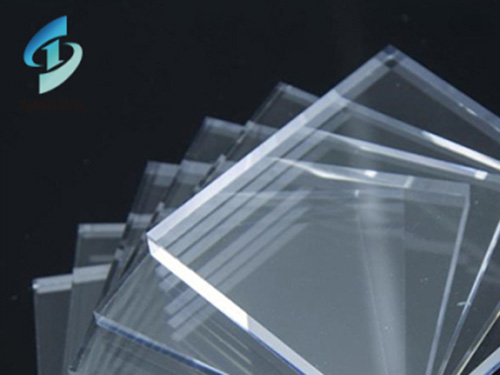


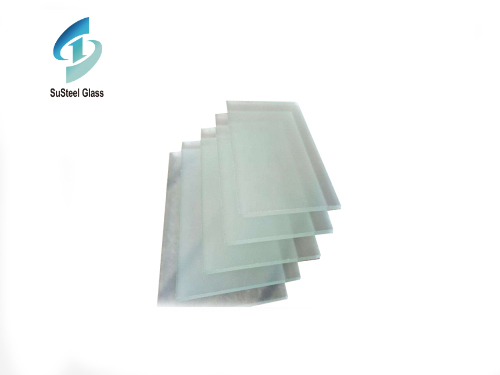 Exploring the Versatility and Elegance of Custom Thick Glass
Exploring the Versatility and Elegance of Custom Thick Glass
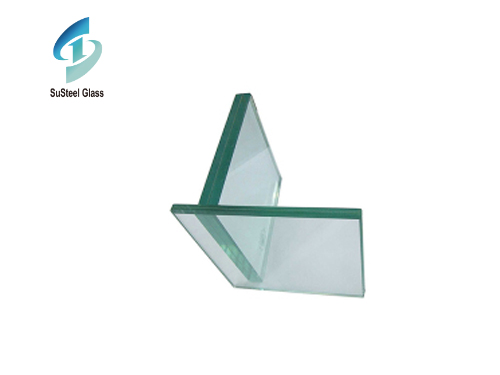 Unveiling the Strength and Versatility of Laminated Glass: Exploring Material Properties
Unveiling the Strength and Versatility of Laminated Glass: Exploring Material Properties
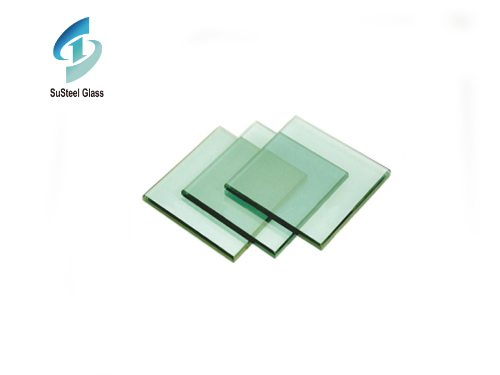 Enhancing Safety with Blast Resistant Glass: Innovations, Applications, and Protective Solutions
Enhancing Safety with Blast Resistant Glass: Innovations, Applications, and Protective Solutions
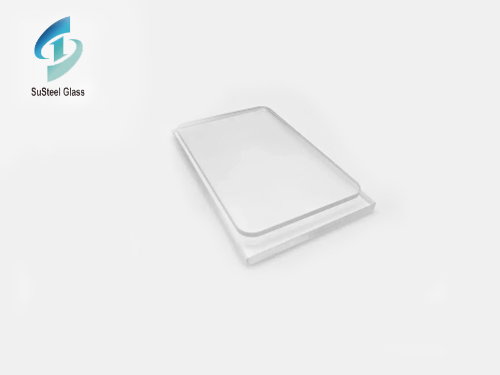 Painted glass has emerged as a captivating medium for interior design
Painted glass has emerged as a captivating medium for interior design

